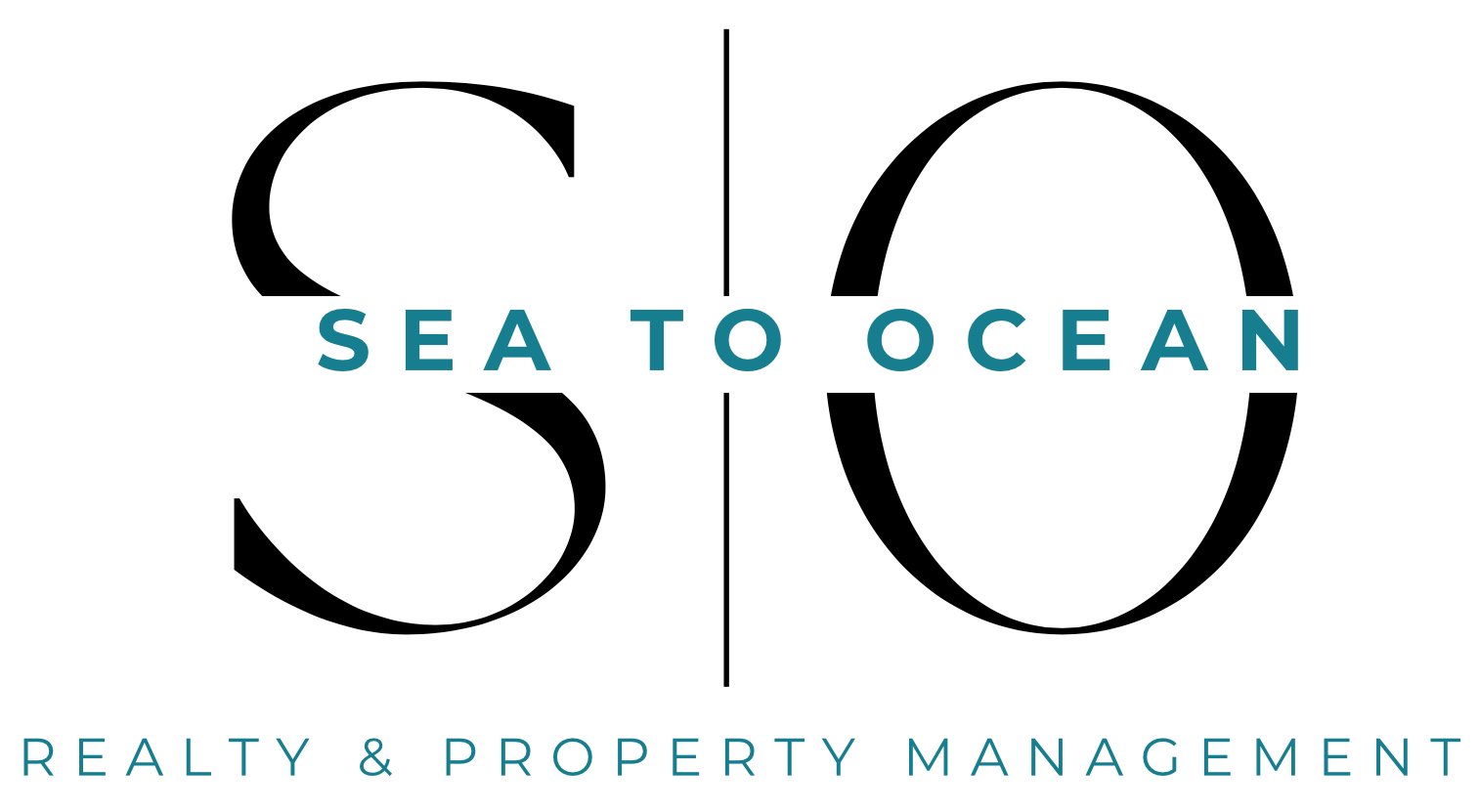THE BAJA BUYER’S GUIDE
Yes, foreigners (non-Mexican citizens) can safely and legally purchase real estate in Mexico.
There are three ways of owning Mexican property:
via direct deed for all property in the interior of the country,
through a Mexican corporation if you plan on buying commercial property,
through a bank trust called a fideicomiso, for residential property purchased in what is called the “Restricted Zone”. According to the Mexican Constitution, the Restricted Zone is land that is within 32 miles of the Mexican coast, and within 64 miles of international borders. Most of the Baja peninsula falls within this zone. So to invite foreigners to invest, the innovative and secure method of holding title through fideicomiso was created. This method is the most common way of foreign ownership in Baja.
The Fideicomiso Explained
In order to obtain the rights of ownership through a Fideicomiso, the Department of Foreign Affairs issues a permit to the Mexican bank of the Buyer’s choice, allowing the bank to act as the trust holder of the property : the buyer becomes the owner of the property, and the deed to the property is held by a bank in that trust.
Essentially, the bank acts as the “Trustee” for the trust and the Buyer is the “Beneficiary” of the trust.
The Buyer or Beneficiary has the right to use, occupy, lease and possess the property, including the right to build on it or improve it. The Beneficiary may sell the property by instructing the Bank to transfer the rights to another qualified Buyer, or name other beneficiaries who can inherit the property. The initial term of the trust is 50 years, renewable for additional periods of 50 years indefinitely : the buyer has long-term control of the asset.
In the situation where a buyer is looking at purchasing a property held in a fideicomiso, the buyer has the option of assuming that trust (the ownership of the property is transferred from the seller to the buyer), or having the property vested in a new trust (the seller’s fideicomiso is cancelled and the buyer creates a new one).
This is not to be confused with a land lease! Using a fideicomiso to own property, the buyer is able to will it, rent it, subdivide it, lease-option it, enjoy it, sell it, improve it, or do anything else that can be done with Mexican real estate. The fideicomiso system is perfectly safe and legal, and expats have been buying homes in Baja using this method for decades.
Buying through a Mexican Corporation
It is also possible to purchase a property using a Mexican corporation. This option is sometimes used when purchasing a larger property that is subdivided or could be into multiple lots. Purchasing land under a corporation eliminates the costs and paperwork associated with holding multiple fideicomisos. However, the cost and legalities associated with managing a Mexican corporation can have its inconveniences. This option is less favorable for the purchase of a single, residential property.
The buying process
The purchase process in Mexico is very similar to other countries, when working with a professional real estate agent. You will be guided step by step during the purchase process. Nowadays, most of it can also be done remotely via electronic signing applications.
First, you have to find the right place for you. I have been traveling, discovering and living in Baja for two decades. And I love every corner of it. So let’s talk about what you are looking for to find where you should search.
Once you have found the right property, the first step is to make a throughout research on the legality of its title, its location, dimensions, etc. Once this necessary step in done, we will present a written purchase offer, which will mention a description of the property, the price offered, and the suggested conditions of the sale. This offer will be presented to the seller through their representative agent and once we have reached the point of agreement of both parties, a sales contract is signed, specifying down payments via escrow, closing time and completion and delivery of ownership of the property.
For it to be safe and secure, the sale is normally handled by a closing attorney, an escrow company and a public notary.
The closing attorney is responsible for presenting the legality of the documents of the property, obtaining the certificates that prove that the property is free of any type of debts or evictions, back taxes or debts. The closing attorney also carries out the process of the procedure for the transfer and issuance of the fideicomiso.
The Escrow Agent is responsible for the management of the funds and their dispersion.
The Public Notary is the certified attorney appointed by the State to attest and certify the legality of the real estate transaction. The closing happens at the Notary’s office.
At SO realty, we work hand in hand with a team of reliable professionals who have decades of experience in the real estate transaction business in Baja . As for the escrow company, we work with a US based company : Global Escrow Solutions.
Fees and Closing Costs
A buyer’s closing costs are typically 4-6% of the purchase price for a home.
The typical closing costs associated with purchasing a property through a fideicomiso include:
• $1,500 to $2,000 to transfer or initiate the trust
• $2,000 to $2,300 for the closing attorney and notary
• 2.5% acquisition tax and registration fee
• $500 to $600 for the appraisal and miscellaneous certificates necessary
• $500 to $700 escrow fee
Other fees that need to be paid annually when you purchase your property in Baja include:
• Property taxes. These are due in January each year and are paid for the entire year. Paying them in November entitles you to a 35% discount, and paying them in December will give you a 20% discount. Late fees start accruing in February.
• Annual fideicomiso bank fee. Each bank will charge you an annual management fee to keep your fideicomiso The first year’s fee is paid as part of the normal closing costs, and each year the same fee is due on the anniversary of the closing. The bank will typically send you a reminder to the email address you provided at closing.
• Homeowners association dues. If you purchased a property that is part of a condo regime, your homeowners association will collect annual dues at the beginning of each fiscal year. The fees due will vary by association.


